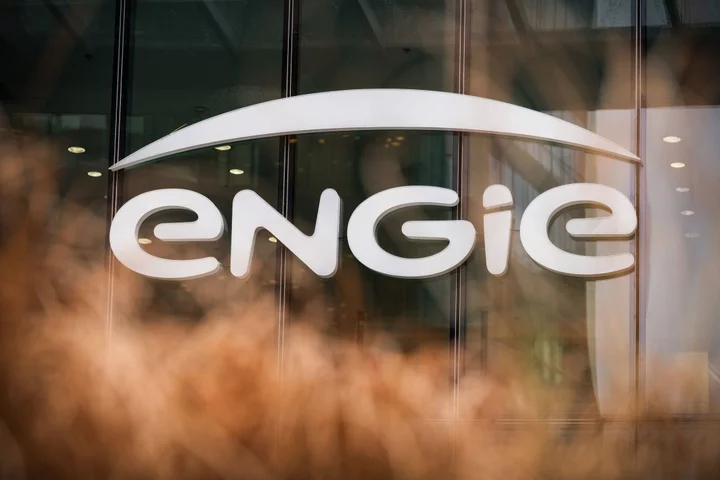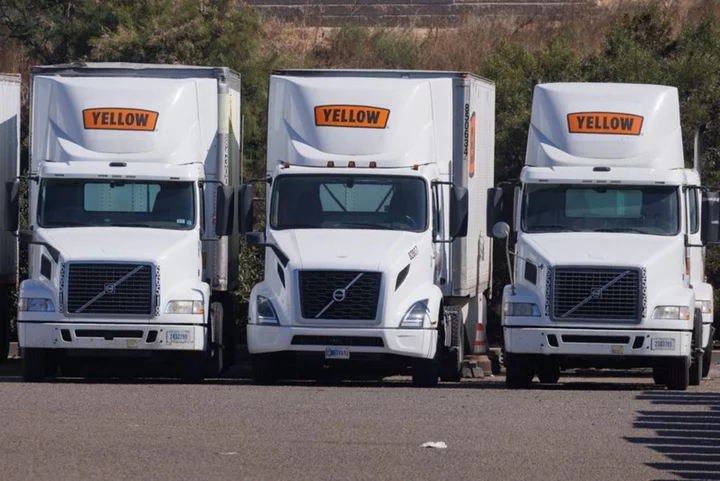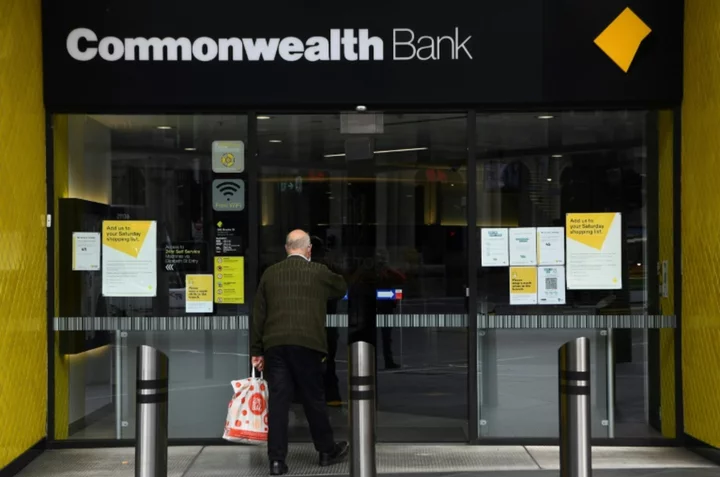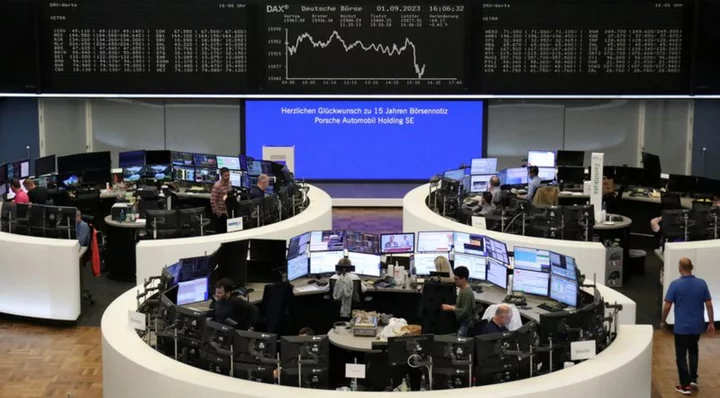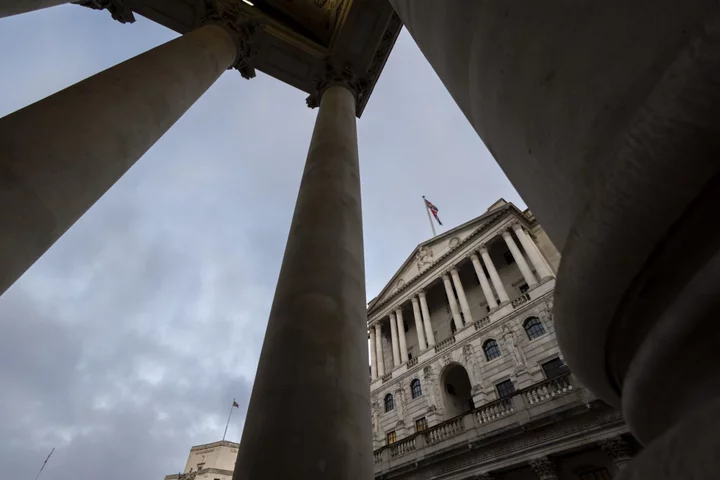French utility Engie SA said first-half earnings jumped 25% on strong prices, growth in renewable energy and greater hydropower generation.
While gas and electricity prices have eased from their 2022 highs, Engie and its European rivals continue to benefit from contracts that customers signed during the peak of the energy crisis to secure supplies. Engie has also added clean-power capacity in Europe and Latin America and has more under construction.
First-half net recurring income rose to €4 billion ($4.4 billion) from €3.2 billion a year earlier, Engie said Friday. The company reiterated full-year forecasts, after raising them at the end of June.
“In the first semester, Engie has achieved a very strong financial performance, driven by the development of our renewable activities and the results of our energy management activities in a context still characterized by high price volatility,” Chief Executive Officer Catherine MacGregor said in a statement.
This week has seen a raft of earnings from European energy companies, with German utility EON SE raising its earnings goals for the year and state-owned Electricite de France SA swinging back to profit in the first half.
At Engie, results have been buoyed by income from its global energy management unit, known as Gems, which supplies power and gas to industrial customers. Yet falling prices and easing volatility will curb profit from that business in the second half, Chief Financial Officer Pierre-Francois Riolacci said on a call. He also expects lower earnings from hydro and gas-fed power plants.
Engie slipped 1.3% at 9:27 a.m. in Paris trading, paring its gain this year to 13%.
Net Loss
The utility posted a net loss of €847 million in the first half, reflecting a €4.4 billion charge related to a June deal with the Belgian government to transfer nuclear waste-management liabilities. The charge is about €100 million less than flagged at the time.
Read More: Engie, Belgium Agree to Extend Lives of Two Nuclear Plants
Engie also booked a one-time provision of €150 million due to cost overruns at two co-generation plants under construction in the US, it said, citing failures by contractors. It’s “monitoring these projects with a tighter management approach” and has strengthened local teams.
The group’s net financial debt stood at €23 billion at the end of June, a decline of €1.1 billion from the end of last year, as cash flow climbed.
(Updates with CFO comments in sixth paragraph, shares in seventh.)

